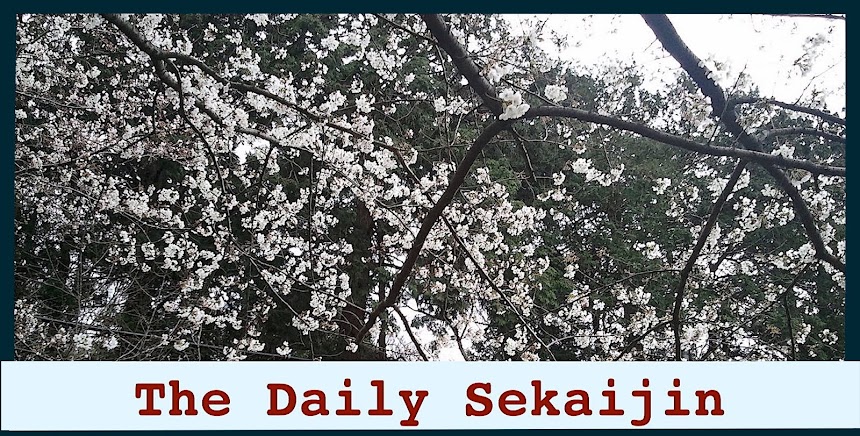Hello Survival English students,
Image "Hotel Room" courtesy of Evgeni Diner/ FreeDigitalPhotos.net
How are you? Let's talk about hotels!
Activity
What kind of hotel would you like to stay in? Let's look at some pictures of different hotels.
1. This is the first one - the Marina Bay Sands Hotel in Singapore:
What kind of hotel would you like to stay in? Let's look at some pictures of different hotels.
1. This is the first one - the Marina Bay Sands Hotel in Singapore:
1.
What do you think of this hotel?
2. This one is very different - an English village house made into a country hotel:
2.
What do you think of it?
3. How about this one - a motel on the beach:
3. How about this one - a motel on the beach:
3.
What do you think of this place?
4. What about this one? It's a tropical resort in Thailand:
4. What about this one? It's a tropical resort in Thailand:
4.
Would you like to stay here?
Activity
Talk about all these different hotels and places! Which ones would you like to stay in? Which one(s) do you recommend to your classmates?
Homework
Find 2-3 pictures of a hotel in another part of Japan or in another country. Bring the pictures to the next class and show them. Talk about why you would like to stay at this hotel. Find out how much a room costs per night, what kinds of things there are at this hotel (swimming pool(s), restaurants, gym and so on), and what sightseeing (観光) spots there are in the area of the hotel.
Have fun!
Photo credits: 1. "Marina Bay Sands Hotel in Singapore" courtesy of posterize/2. "Typical English Village House" courtesy of Stuart Miles/3. "Motel
Activity
Talk about all these different hotels and places! Which ones would you like to stay in? Which one(s) do you recommend to your classmates?
Homework
Find 2-3 pictures of a hotel in another part of Japan or in another country. Bring the pictures to the next class and show them. Talk about why you would like to stay at this hotel. Find out how much a room costs per night, what kinds of things there are at this hotel (swimming pool(s), restaurants, gym and so on), and what sightseeing (観光) spots there are in the area of the hotel.
Have fun!
Photo credits: 1. "Marina Bay Sands Hotel in Singapore" courtesy of posterize/2. "Typical English Village House" courtesy of Stuart Miles/3. "Motel
Other photo credits: 1. "Marina Bay Sands Hotel in Singapore" (courtesy of posterize)/2. "Typical English Village House" (courtesy of Stuart Miles)/3. "Motel on the Beach" (courtesy of Aleksandr Kutsayev)/4. Image "Tropical Resort in Thailand" (courtesy of nuchylee)/All images from FreeDigitalPhotos.net


























